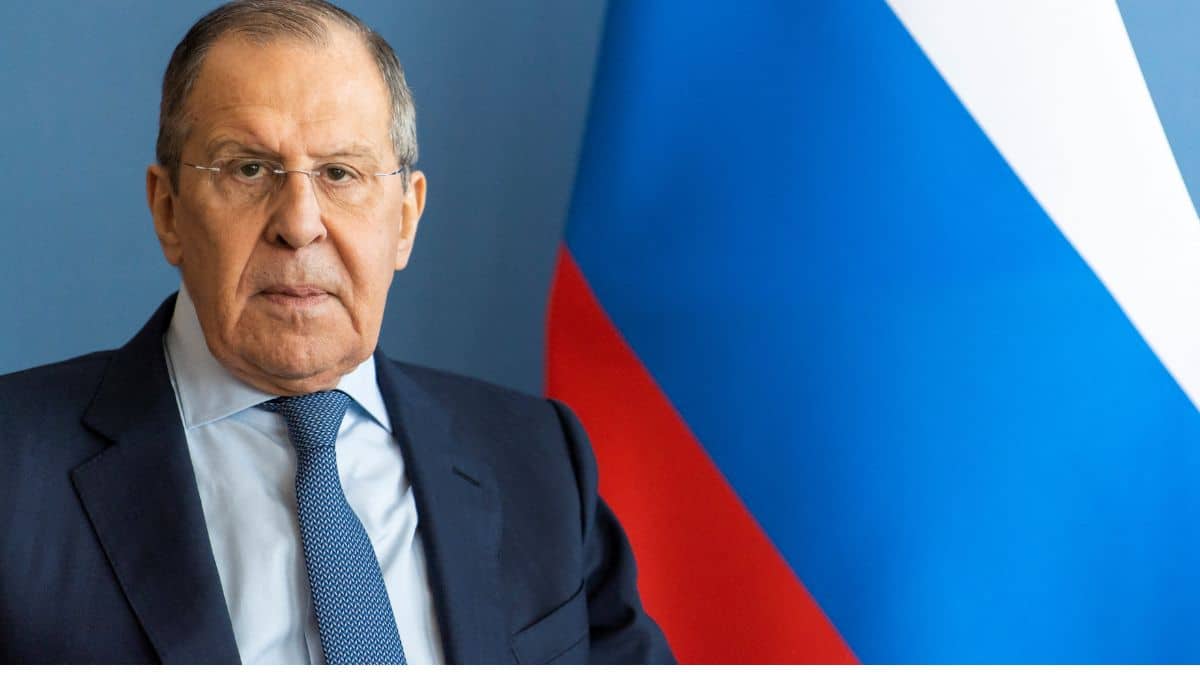Russia has issued a strong condemnation of the recent assassination of the head of the Hamas politburo, according to a statement from the Russian Foreign Ministry. This move comes as tensions in the Middle East continue to escalate, with Moscow urging all parties involved to exercise restraint and avoid further violence.
The assassination of the senior Hamas official, which occurred under contentious circumstances, has heightened the already volatile situation in the region. The Russian Foreign Ministry’s statement underscored Moscow’s disapproval of the targeted killing and called for a de-escalation of hostilities. “We strongly condemn the assassination and the cycle of violence it perpetuates,” the statement read. “In light of the escalating tensions in the Middle East, it is imperative that all parties exercise maximum restraint to prevent further loss of life and to facilitate a return to dialogue.”
Russia’s response reflects its longstanding position on the Israeli-Palestinian conflict and its broader stance on Middle Eastern geopolitics. The Kremlin has consistently advocated for diplomatic solutions and peaceful negotiations, rather than acts of violence, as a means to resolve the complex and protracted conflicts in the region.
The assassination of the Hamas leader has already sparked widespread reactions from various international actors. The Palestinian group, known for its militant stance against Israel, has vowed retaliation, exacerbating the already fraught situation. Meanwhile, the international community remains divided on the implications of the assassination, with some calling for immediate measures to address the underlying issues fueling the conflict.
Moscow’s call for restraint is aimed at reducing the risk of further escalation, which could destabilize the region even further and potentially impact global security. The Russian Foreign Ministry’s statement highlights the need for a coordinated international effort to address the root causes of the conflict and to support peace initiatives that involve all relevant stakeholders.
As the situation continues to evolve, the international community is closely observing the responses from various actors and the potential consequences of the assassination. Analysts warn that without significant efforts towards de-escalation and renewed dialogue, the Middle East may face prolonged instability and increased violence.

